Starting a conversation about racism has never been more difficult. Especially if you are in a room full of white liberal people, specifically white women. We go automatically into defense. What is interesting is that most of us would yell from the roofs: I am not racist. And that might be the case, but nevertheless, let’s explore the question of what white women’s role in racism is.
After almost 8 years in the US, I have come to learn a few things about this country. It is the country in which I first learned that it didn’t matter that I was born in Poland and brought up in Germany: at least on the surface – as I came to discover.
Racism is something that I thought I was very well familiar with. Not only because my parents and I are immigrants born in a country that didn’t belong to the Aryan race. Also, because I went to a pretty diverse school, and everyone who wasn’t born in Germany had their side of the race story.
Definition of racism
European Perspective
Just to clarify, my definition of racism is based on a European perspective “any distinction, exclusion, restriction or preference based on “race”, color, descent, or national or ethnic origin which has the purpose or effect of nullifying or impairing the recognition, enjoyment or exercise, on an equal footing, of human rights and fundamental freedoms in the political, economic, social, cultural or any other field of public life.”
Being born in Poland was, in Germany, equivalent to what many Mexicans experience in the US. Just as there is little differentiation between Latins, or Asians (I still can’t wrap my head around the fact that Indians, Iraqies and Japanese, for example, are all wrapped up as ‘Asians’), there was also little understanding in Germany of the different ethnic groups coming from Eastern Europe.
American Perspective
The APA Dictionary of Psychology defines racism in the USA, “Racism is a form of prejudice that assumes that the members of racial categories have distinctive characteristics and that these differences result in some racial groups being inferior to others. Racism generally includes negative emotional reactions to members of the group, acceptance of negative stereotypes, and racial discrimination against individuals; in some cases it leads to violence.
Discrimination refers to the differential treatment of members of different ethnic, religious, national, or other groups. Discrimination is usually the behavioral manifestation of prejudice and therefore involves negative, hostile, and injurious treatment of members of rejected groups.”
There is an additional definition in the US that is moving around in certain circles. Racism can only be expressed from a position of power and is “inextricably a feature of the structure and practice of whiteness” according to George Yancy. By this definition, Black people can’t be racist against white people, considering that there is systematic discrimination within the US.
I am pointing at the difference between the classifications because racism in the US is uniquely based on its, so often unacknowledged, history of genocide and slavery. As Barrett Holmes Pitner puts it “…America’s racist status quo remains unique and alarmingly oppressive. American racism is entirely complexion-based and monolithic. One’s nationality is immaterial.” This is a crucial differentiator between European and American racism and is often forgotten in conversation in the US.
LaLa Land
A white person living in the US can experience discrimination, but not necessarily racism. This is maybe why I referred to my first experiences in the US as living in ‘LaLa’ land. My heritage didn’t matter; on the contrary, I was able to skip mandatory classes at university and let go with a simple warning when stopped by the police. My experience of the US, however, was one of acceptance and celebration of my uniqueness. Yes, I was born in Poland and grew up in Germany, and most of my American friends would point that out with pride.
Whereas in Germany, growing up, I would hear comments such as, ‘It’s not your fault you were born in Poland’, ‘You can’t expect yourself to perform as well we do, because you were not born here’, ‘Are you sure you are spelling your last name correctly’, and on and on. This experience changed when entering the US immigration system…but, then drastically shifted after Trump got elected.
The experience of racism
But here is the thing: I am privileged to have grown up experiencing racism, which is why I can’t be blind to it. Which is also why I have been able to use my white privilege to my advantage. While living in Germany, I was the Polish girl, while traveling and living abroad, I was the German. That had to mean something, otherwise, why would the real Germans always point out their ‘Germaness’ so often.
Just to be clear for a moment, I am against nationalism and find it embarrassing when people hang up their flags as if that piece of cloth somehow demonstrates superiority. I also believe that people should be able to move around the world freely and that education should be free and is the core of every functional and fair society. But we don’t live in a fair society, so blame me if you want, but, when I can, I use my advantage. Being aware of it has given me the opportunity to help others and use it to their benefit.
Which brings me to the next topic.
What white women can do against racism?
We women, all women, are being discriminated against because of our gender. But as a white woman, white person, there is a specific advantage. Being aware of it – instead of denying it – will only start creating change, but it can also be used it to your advantage and help others.
You might ask: How?
Start with your Inner Circle.
Start by looking at your inner circle. How many of your friends are not white? How much do you know about people who don’t look and live like you? Growing up, I was frequently the only immigrant in some circles. The meaning of it didn’t hit me till I was in my early 20s and was told that there is really no difference between the Polish and the German cultures. Maybe not an obvious one, particularly if the outsider had never been in Poland. But coming from a collective culture and growing up in an individualistic culture is not only a significant balancing act, it also makes it quite difficult to be understood. It also explains why my Moroccan and Ethiopian friends weren’t in those circles in the first place. The cultural difference was obvious.
Be curious
Which brings me to the second recommendation: Be curious. Ask questions and get to know other people who are outside of your inner circle. The older we get the harder it is to make friends, especially friends who come from different backgrounds. But in order to build, unite, and change systematic discrimination, we need to know what needs to be changed. The positive side effect of deep and meaningful conversations is understanding. Once we get to know someone on a deeper level we develop empathy and connection. These two markers enable us to develop an appreciation of others’ difficulties even without having experienced the specific situations ourselves.
Connect people
Introduce people into your inner circles of influence, into your networks, and into the groups you mingle around. This is one of the most powerful yet simple ways to support people who have different connections and sometimes don’t have access to the same opportunities as you do.
Here I am speaking from experience. My early career, economic situation, and education – you name it – would have accelerated greatly if only someone had opened the door to their inner circle for me early on. Instead, I had to work my own way into those circles. I managed, partly because of the parents I have, but also because, at the end of the day, I am acceptably white!
Many people didn’t believe that I had what it takes to bring my Ph.D. research to the finish line – and did not hesitate to tell me so. Without my Doctoral supervisor’s encouragement, who convinced me at the age of 23 that it did not matter where I was born, I am not sure where I would be today.
Now imagine if you can be the person who supports someone by standing up for them and next to them when moving into a position not because they are black or a person of color and fill a quota. No, because they belong there, and they know it, and you reinforce that belief. And here is the other aspect of it: you supported them, not just helped them. Big difference.
Get multicultural exposure
Lastly, go to multicultural events, support, and expose yourself to new ideas, cultures, and languages. It is challenging to claim that you are anti-racist if your inner circle consists only of white people. That generally signals a lack of exposure, openness, and curiosity. It is that lack, intentional or not, that creates a sense of gatekeeping, which creates division.
Support and create space for others.
At the same time, I know that I didn’t get a scholarship for my Ph.D. research because I was from Poland and because people didn’t believe that I had what it takes to bring it to the finish line.
It came from my Doctoral supervisor’s encouragement, who convinced me at the age of 22 that it did not matter where I was born and gave me the self-confidence to create the impact I wanted to.
Now imagine if you can be the person who supports someone by standing up for them and next to them when moving into a position not because they are black or a person of color and fill a quota. No, because they belong there, and they know it, and you reinforce that belief. And here is the other aspect of it, you supported them, not just helped them. Big difference.
Acknowledging your privilege.
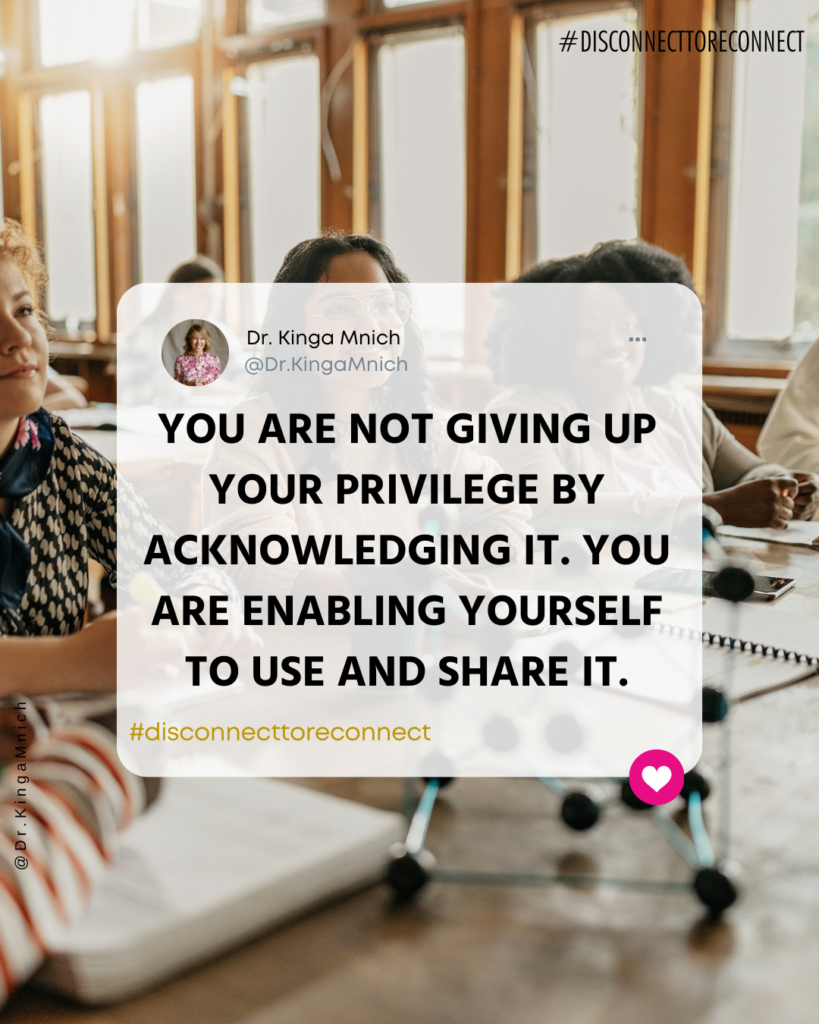
You are not giving up your privilege by acknowledging it. You are enabling yourself to use and share it. By becoming aware of your duty, you realize how we are all interconnected. It is not even about sharing it, instead it is about giving the other person the same right. That means you pay the same salary to someone who is brown, pink, yellow or white. Privilege is the ability to have a special right, advantage, or immunity granted or available only to a particular person or group. Shared privilege becomes a more equitable and worthwhile norm.
We all should have the privilege to live a fulfilling life.
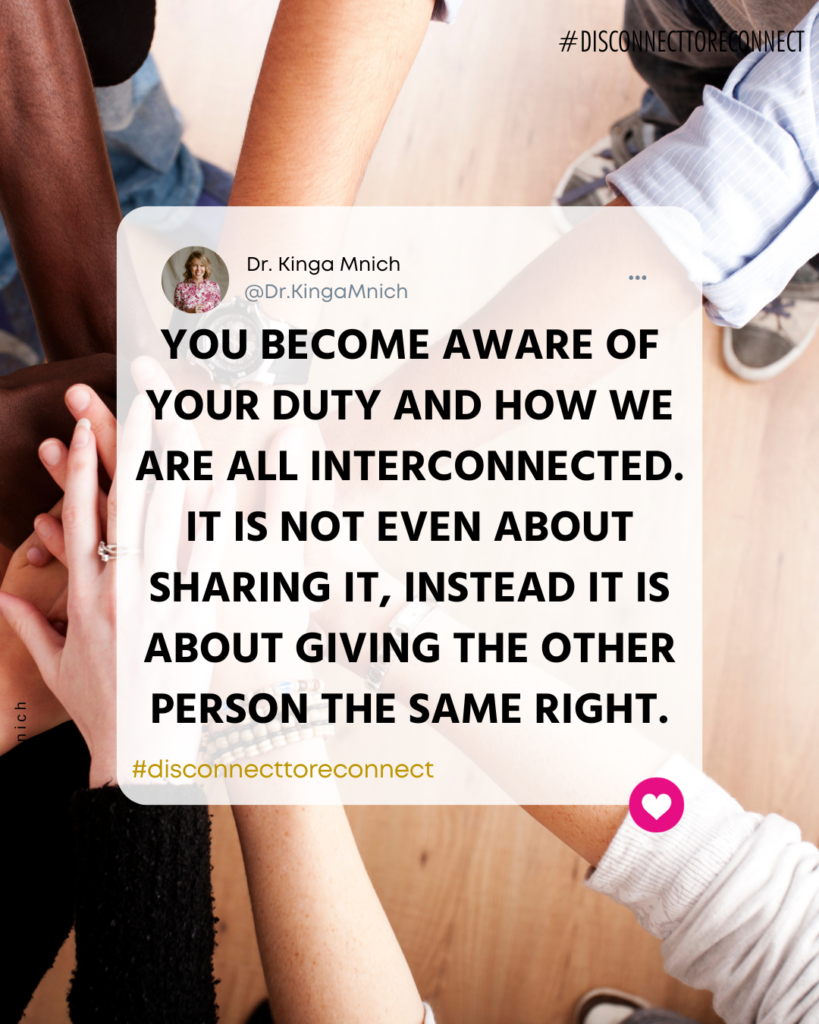
Understanding that you have special power significantly impacts how you choose to support other organizations. Donations change now from making you feel good to acknowledging systematic discrepancies. This is turning you into an activist, a person who is using their voice and power to create change… instead of simply making yourself believe that you are a good person.
And, as you realize that you are fulfilling your duty, you have started creating a real balance between you and other people. Or even better, it helps you to understand that it doesn’t make you a good Christian – just because you are helping, that it is not about ‘being good’, but it is about understanding how your actions positively impact others. For many people, in fact, religion instead blurs out the reality of systematic discrimination.
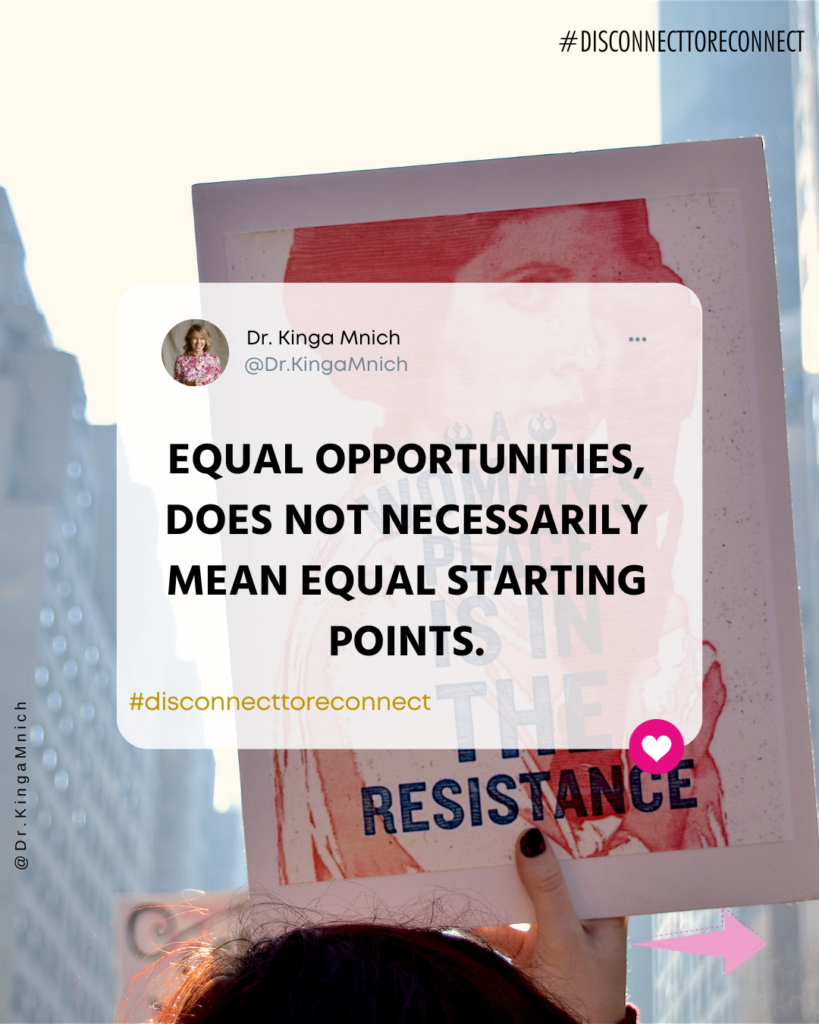
Please spare me the arguments that we have all equal opportunities. Hypothetically, this may be so but, in reality, it is a very different story. Equal opportunities do not necessarily mean equal starting points.
The starting point of all of these are the stories we have been spoon-fed. Supposedly, there isn’t enough to go around, and certain cultures are more valuable and better educated. Just FYI, the first university on this planet was opened not only by an Arab man, but by an Arab woman. Fatima bint Muhammad Al-Fihriya Al-Qurashiya founded the world’s first university in 895 CE in Fez, Morocco.
Let’s drop ancient beliefs and be what we so frequently pretend to be: modern, innovative, and inclusive.
What can we learn from others?
The German federal anti-discrimination agency points out that “even subtle forms of racism are discriminatory and toxic for a society” and that “exclusions are not always intentional, but can also be the result of ignorance or thoughtlessness. However, this does not make them any less distressing or discriminatory.” As white women, we are especially tuned to be a perpetrator of subtle, back-stabbing, silent aggression as Rachel Simmons describes in her book ‘Meine beste Feindin’ (My best enemy). We do it to one another despite the shared characteristic of white skin. There is very little holding us back to do it to others. We will always find a reason why we are better, by pointing out the flaws in others. It is so deeply ingrained in cultures (not only white ones – I have seen it all over the world). Men made us believe that we are in competition with one another.
The moment we stop acting upon this silent aggression is the moment we all become very much more powerful.
Articles:
The Concept of Race Is Taboo by Katrin Elger
Racism in Europe: Characteristics and Intersections With Other Social Categories
Viewpoint: Why racism in US is worse than in Europe
Books:
White Tears Brown Scars: How White Feminism Betrays Women of Colour
Against White Feminism: Notes on Disruption
White Women: Everything You Already Know About Your Own Racism and How to Do Better
White Fragility: Why It’s So Hard for White People to Talk About Racism

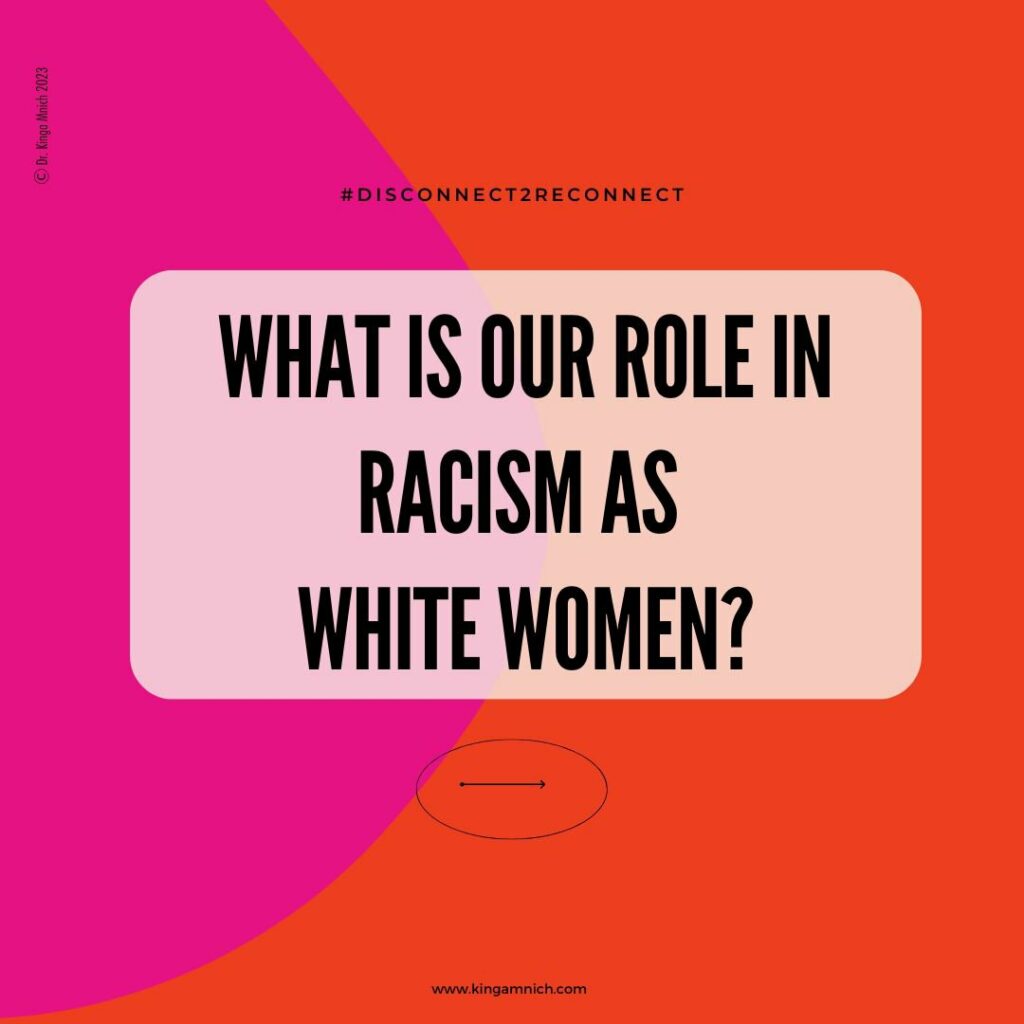
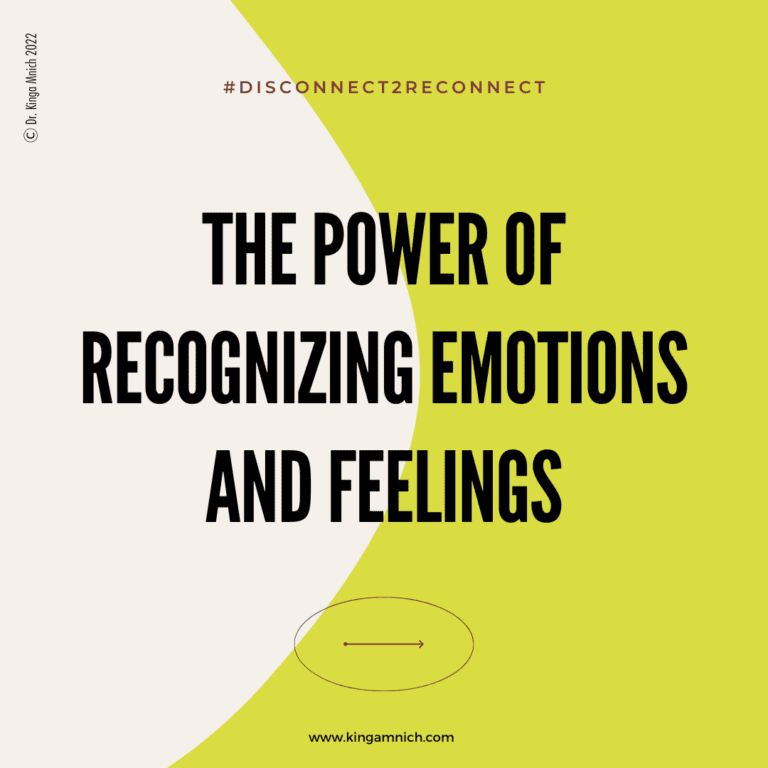
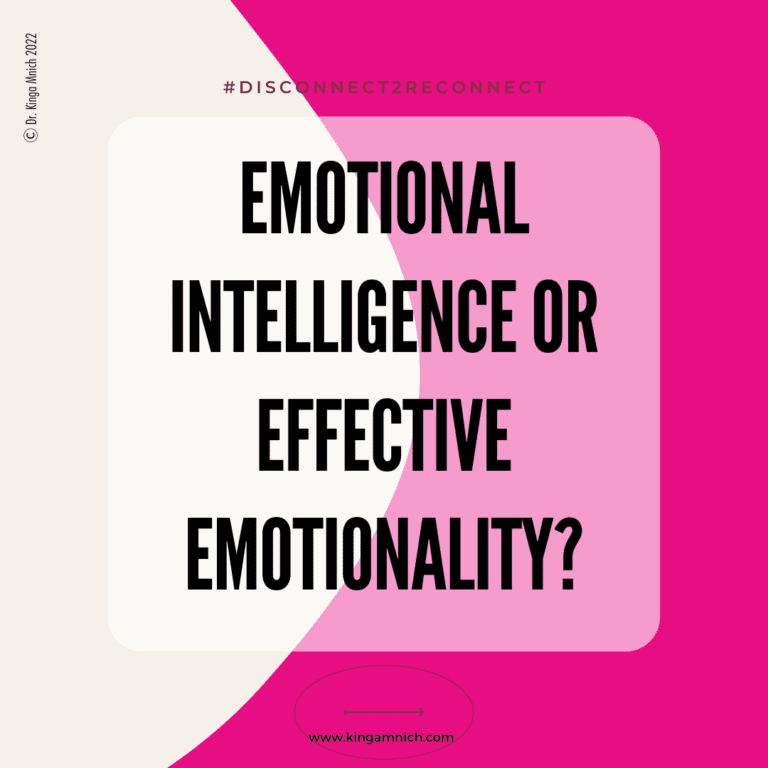


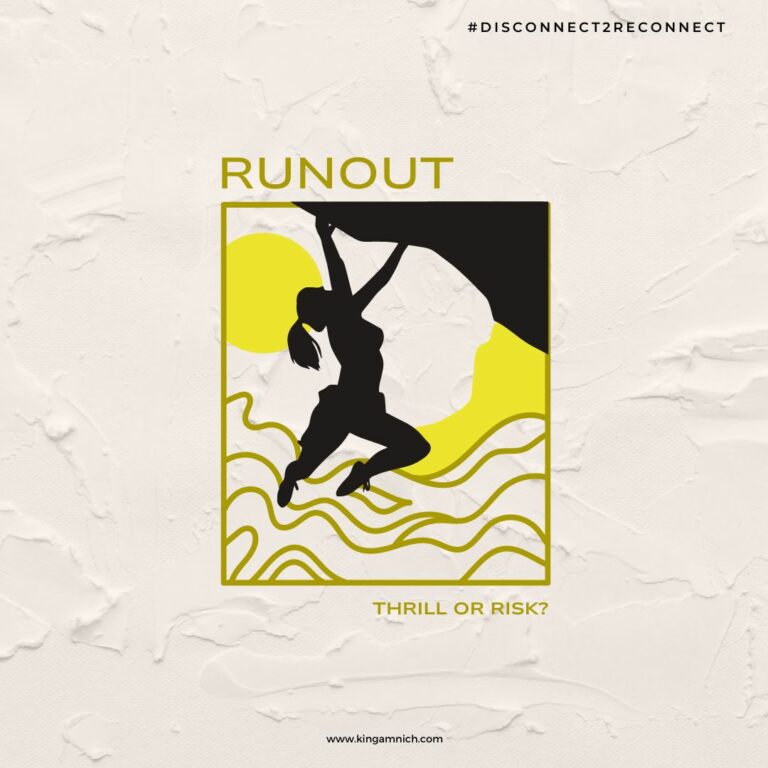

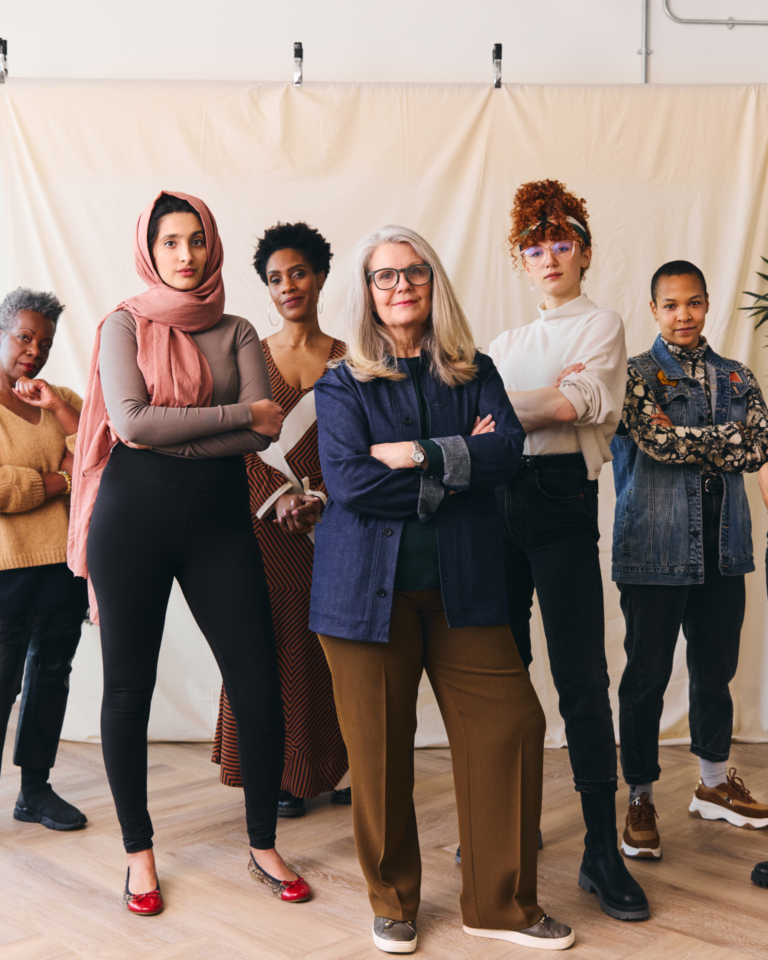




One Comment
Thank you for the thought-provoking article. Your thoughts on the different perspectives of racism in Europe and the United States are helpful to those of us who don’t have a lived experience of US.
It is great to read your personal experiences from as the “Polish girl” and in Germany. I do believe these experiences afforded you certain insights which helps you to relate to racism in ways that many White women are not necessarily able to wrap heads around unless.
Your suggestions for white women, such as diversifying their inner circle, being curious, and using privilege to support others, are important and more should be shared around those ideas.
I particularly liked “It is challenging to claim that you are anti-racist if your inner circle consists only of white people” I come across many people and situations where this is very common yet too many people don’t realise their inner circles mostly consists of people who look like them, though this applies to all people and not just white. This is an area i share about in my line of work within adoption and fostering. Particularly within the context of inter racial Adoption or Fostering
I also love how you emphasised on acknowledging privilege and turning it into activism is particularly powerful.
Your article highlights the importance of modernity, inclusivity, and unity in the fight against racism. It’s a valuable contribution to this important conversation.